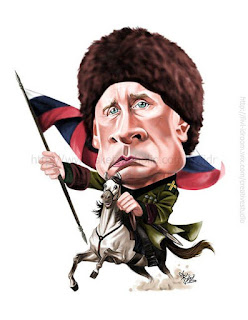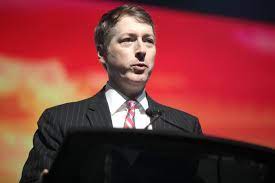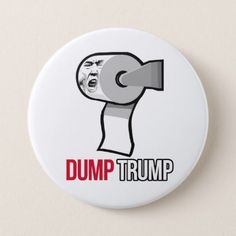Echo report published in RawStory by Tom Boggioni:
Steve Schmidt blows conservative out of the water for claiming Putin was 'frightened' of Trump
Following Russian President Vladimir Putin's (dangerously crazy!) - wrongminded-decision to send troops into Donetsk and Luhansk as part of his incursion into Ukraine, the National Review editor-in-chief Rich Lowry (ugh!) tweeted out that Putin likely made the move because Trump is out of office and the Russian strongman was "frightened' by the ex-president's unpredictability. (IMO Rich Lowry is guilty of journalistic opportunism. He either plagiarizes what he writes by lifting it from other sources - like EuroNews- or he just makes stuff up.)
 |
Thank you! Schmidt has been extremely critical of former President Donald Trump, and of the GOP for supporting him. In June 2018, Schmidt renounced the Republican Party as "fully the party of Trump".
|
Lowry's stupidity, in turn, led to a scathing response from former the Republican campaign consultant Steve Schmidt, who let Lowry know, in no uncertain terms, that he regards Trump as "a whore ... who would sell out his country; her values and ideals for nothing but flattery."
As Lowry sees it, "The sheer unpredictably of Trump, his anger at being defied or disrespected, his willingness to take the occasional big risk (the Soleimani strike), all had to make Putin frightened or wary of him in a way that he simply isn’t of Joe Biden."
Schmidt begged to differ in a tweetstorm that began, "This is a world view I have never understood. Trump is the most predictable person in the world. He is as predictable as the Sun setting in the west and rising in the east. There is no mystery around Trump. How could there be? The idea that Vladimir Putin was kept guessing by Trump is lunacy."
He then added, "What Putin saw was strategic incoherence shaped by a vast ignorance of the world," before later adding, "Trump fetishized the world’s strongmen and lambasted our allies. He was as indifferent to repression abroad as he was to democracy at home. He was a Buffon set loose upon the stage and everyone played their part."
At the end, Schmidt took a veiled swipe at the longtime National Review editor by writing, "He [Trump] has blighted the culture for more than 40 tedious years. In all that time, it wasn’t until he got to Washington DC that he found marks naïve enough to believe there is an actual strategy to it all."Maine Writer- Quick thinking from Steve Schmidt!Mr. Schmidt gives expert advice from Twitter: "The United States should destabilize Putin by destabilizing the Russian elite. Make them pay the price. Financial, legal and immigration restrictions should be imposed immediately. Access to Western education should be shuttered to Russian nationals and Russian owned and flagged private vessels 🚢 should be refused anchorages in Western waters. There is still plenty of winter left in Moscow."
P.S. IMO: Rich Lowry should find a job as a night shift copy editor for Pravda.
Labels: Donetsk, Luhansk, RawStory, Steve Schmidt Vladimir Putin, Tom Boggioni



























